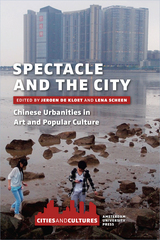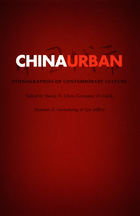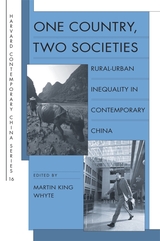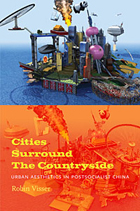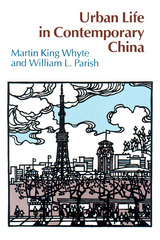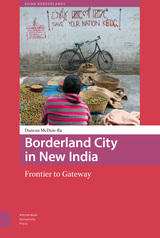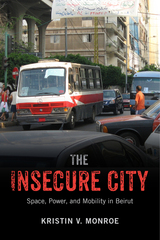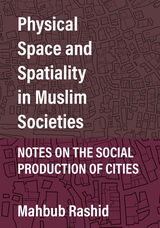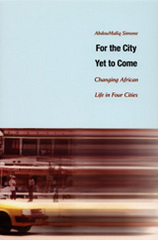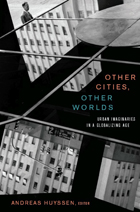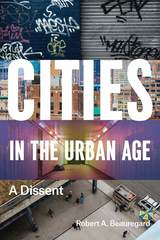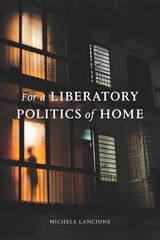The Post-Global City: Theorizing Technology Cultures in Urban Africa
University of Michigan Press, 2026
Cloth: 978-0-472-07782-3 | Paper: 978-0-472-05782-5 | eISBN: 978-0-472-90543-0 (OA)
Library of Congress Classification HT148.A2
See other books on: African Studies | Cities and towns | Information technology | Sociology, Urban | Technological innovations
See other titles from University of Michigan Press
Cloth: 978-0-472-07782-3 | Paper: 978-0-472-05782-5 | eISBN: 978-0-472-90543-0 (OA)
Library of Congress Classification HT148.A2
ABOUT THIS BOOK | AUTHOR BIOGRAPHY | REVIEWS | TOC
ABOUT THIS BOOK
The Post-Global City seeks to open a new field of analytical inquiry that examines knowledge production and technological developments in urban Africa rooted in local, historical realities, while also partaking in transnational, global processes. This work explores the ways in which urban residents have utilized technologies and networks to operate around, under, and beyond the state and the international “order,” and challenges the stereotypical images of Africa as a continent either devoid of technology or filled with either broken technologies or technologies from the Global North or Asia. This book focuses on accounts and critiques of new “Rising Africa” ideologies, examining megaprojects such as geothermal and hydroelectric plants with new networked startups that circumvent state and patriarchal hierarchies, women vendors selling online, youths designing and constructing oil refining technologies and tech startups working across diasporas.
Grounded in ethnographic fieldwork carried out in urban spaces in Nigeria, Kenya, the Democratic Republic of Congo, Sudan, Gabon, Cameroon, and Tanzania, The Post-Global City brings together voices from Africa, Europe, and the United States to inquire into the dialectics between technology and the urban on the African continent.
Grounded in ethnographic fieldwork carried out in urban spaces in Nigeria, Kenya, the Democratic Republic of Congo, Sudan, Gabon, Cameroon, and Tanzania, The Post-Global City brings together voices from Africa, Europe, and the United States to inquire into the dialectics between technology and the urban on the African continent.
See other books on: African Studies | Cities and towns | Information technology | Sociology, Urban | Technological innovations
See other titles from University of Michigan Press

